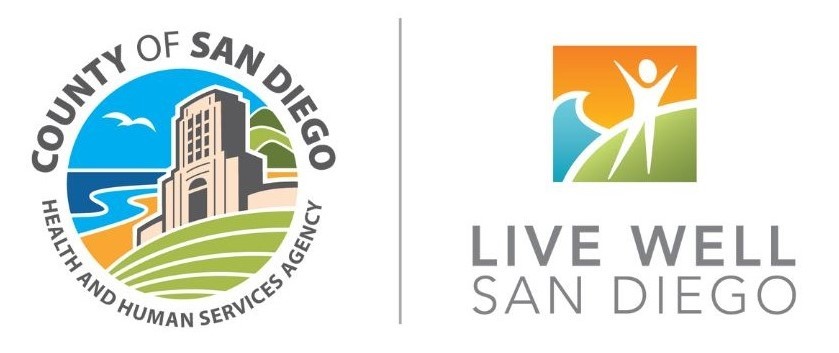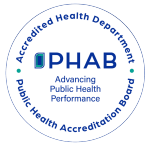Shigella (Shigellosis)
Page originally published 09/06/2024. Last updated 09/13/2024.
Shigella
(shih-GEHL-uh) is a
bacteria
that causes
an infection
called shigellosis.
Shigella
can easily spread from
person to person and make people sick. There are about 450,000
infections in the U.S. each year.

See below, or click the following links, to learn more:
Take steps to avoid getting, or spreading, Shigella:
-
Wash your hands with
soap and water after using
the bathroom,
before preparing food
and eating, and after changing
a diaper.
- If soap and water are not available, use an alcohol-based hand sanitizer with at least 60% alcohol.
- Avoid swallowing water while swimming.
- When traveling internationally, follow safe food and water habits and clean your hands often.
- If you, or your partner, has been diagnosed with shigellosis, do not have sex for at least two weeks after the diarrhea ends.
Shigella germs spread easily from one person to another – it only takes a small amount of Shigella germs to make someone sick (too small to see). Those with lower immune systems, young children, men who have sex with men, and international travels can be at a high risk of catching Shigella .
Shigella germs are in poop, so anything that gets contaminated by poop can potentially spread the germs. Someone can get sick if they swallow Shigella germs. This includes:
-
Getting Shigella
bacteria
on their hands and then touching their
food or mouth.
This can
happen
after:
- Changing the diaper of a sick child, or caring for a sick person.
- Touching surfaces (such as diaper pails, changing tables, bathroom fixtures, and toys) contaminated with germs from poop from a sick person.
- Eating food that was made by someone who is sick.
- Swallowing recreational water (for example, lake or river water) while swimming.
- Drinking water that was contaminated with poop containing the germ.
- Having contact with poop during sexual contact with someone who is sick.
Symptoms usually start 1-2 days after infection and last 7 days.
Symptoms include:
- Diarrhea that can be bloody or lasting more than 3 days,
- Fever,
- Stomach pain, and/or
- Feeling the need to pass stool (poop) even when the bowels are empty.
Many kinds of germs (e.g., bacteria, viruses, parasites) can cause diarrhea. Knowing which germ is making someone sick is important to help find treatment. Healthcare providers can order laboratory tests to find Shigella bacteria in the stool of a sick person.
Most people with shigellosis
will get better within 5 to 7 days without medical treatment.
However, Shigella bacteria can
cause more severe illness in infants,
older adults
, or people with weakened
immune systems.
People with
Shigella
infection should drink
plenty of fluids to prevent dehydration.
Contact your healthcare provider if you, or someone you know, has blood or prolonged diarrhea (diarrhea lasting more than 3 days) or severe stomach cramping or tenderness, especially if you also have a fever or feel very sick. Healthcare providers may prescribe antibiotics to people with severe cases of shigellosis. Some antibiotics are not effective against certain types of Shigella. Contact your healthcare provider if you do not get better within a couple of days after starting antibiotics.
Resources for Local Businesses
For more information, contact the Epidemiology Unit at (619) 692-8499 or send us an e-mail.






